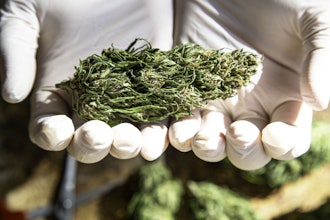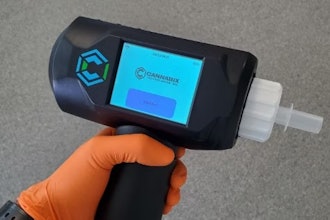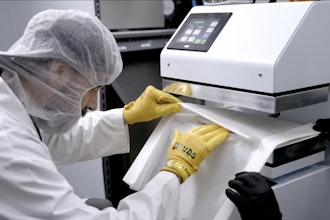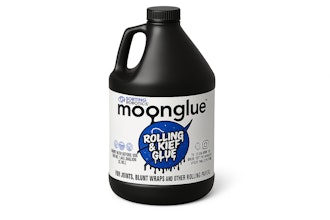
Five questions with Milan Patel, CEO of PathogenDx, a company that designs and develops testing technology for the cannabis industry.
1. How can the industry fix cannabis product labels? What needs to change?
Just like the FDA approves labeling for medical devices and pharmaceuticals, state regulatory bodies need to do the same for cannabis products. At the federal level, if medicinal drugs or apparatuses are non-compliant with respect to labeling, the product is taken off market. The same practice should be applied to the cannabis industry to prevent ‘bad actors’ from failing to comply with regulations.
This also implies that there should be enforcement measures implemented to ensure that businesses are remaining compliant — and that is where I see the largest gap in the industry,
2. Where is the industry falling down when it comes to testing standards? Is it possible to move forward with any state-to-state uniformity without federal legalization?
Here is where we are seeing the biggest downfalls: endless, varying regulations that differ state-by-state; a lack of regulatory enforcement measures at the state level; and a hyperfocus on product potency more than anything else, which leads to the dangerous practice of lab-shopping.
I believe it is possible to implement testing standards on a ‘regional’ level so that we can have state-to-state uniformity, however, as I previously mentioned, the greatest challenge is enforcement — or rather, the lack thereof. States are motivated to legalize this industry from a tax revenue standpoint, and that seems to be the driving force — not consumer and patient safety. This is the difference between federal level regulatory oversight vs. state level, and why federal legalization is ultimately needed in the long term.
3. What are your thoughts on Washington's new pesticide testing requirements? Some companies want to push the deadline and others are racing to get product out to beat new regulations. When this happens, does it do the industry a disservice?
This human behavior dynamic isn't specific to Washington more than any other jurisdiction where cultivators and growers have been given advance notice of potential changes to more stricter testing.
We have seen this dynamic play out before, where harvests are accelerated to fill up the backlog of inventory in the dispensaries, and revenue is recognized. It is understandable why this behavior exists in the first place: people will take the fastest option (and the path of least resistance), as opposed to a pathway where more stringent product testing is required for the benefit of the consumer and patient.
4. What new risk management advancements have you found particularly interesting?
I believe employing current Good Manufacturing Practices (cGMP) is a framework that needs to be employed in the cannabis industry sooner rather than later. In the food safety and pharmaceutical industries, it is an everyday business practice to identify risks in the manufacturing of the product.
It’s important to implement environmental monitoring programs as an early and first step to cGMP to get out ahead of the risk to contaminants — or to at least be sufficiently prepared for any that may surface for quick, effective, and efficient remediation. This is a framework that also helps manufacturers mitigate risk when it comes to the overall quality of their manufactured products.
5. Why should these risk management activities be embraced by cannabis companies at all levels of management, before federal legalization?
By regularly employing cGMP, the practices become embedded human behaviors. It will become a "core" everyday practice across all levels, and more importantly will allow the cannabis industry to be operating to the highest standards compared to other industries, and thus gain respect and credibility.
Beyond this, the cannabis industry will eventually be ready for federal legalization — and those operators employing cGMP will experience a 'softer' landing when it comes to working with federal regulators.
I have been driving this message for a long time now, primarily because my company, PathogenDx, has gone through and obtained FDA level clearance of one of our tests. Trust me when I say this: regulators at the federal level expect a completely different level of standard compared to the state level.























